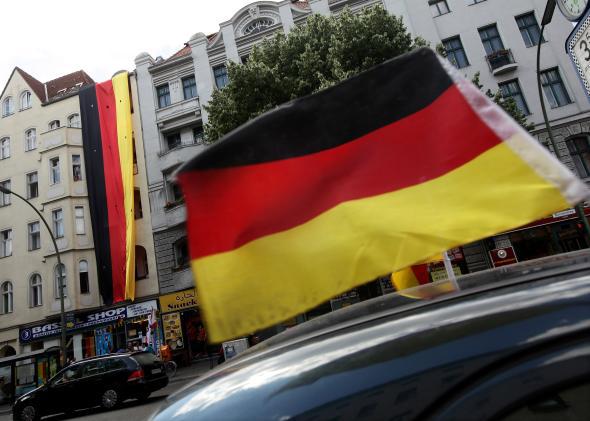For a short time, Uber appeared to be facing a significant challenge abroad. At the start of September, a German court placed a nationwide ban on the company’s peer-to-peer transportation service, UberPop, after ruling that it competed unfairly with the local taxi industry. Should Uber continue to operate illegally, the court cautioned, the company could face fines of up to 250,000 euros (or about $330,000) and also risked having its employees jailed for as long as six months. It took only two weeks for Germany to lift that ban.
A court in Frankfurt overturned the broad ban against Uber on Tuesday, saying that taxi drivers had brought their case too late for the injunction to remain in effect. The court did not rule definitely on whether Uber’s services are legal in Germany, but for now the company is free to resume operating there. Uber said in a post on its blog that it “welcomes the decision.” It added that Germany is one of its “fastest growing markets” in Europe and its ridership there is expected to double in size by the end of the year. Taxi Deutschland, which filed the suit, plans to appeal the decision.
Uber, in its typical brash fashion, all but ignored Germany’s ban while it lasted. It continued running UberPop and proclaimed on its blog that German sign-ups for its service more than tripled in the first 24 hours after the ban went into effect. In doing so, Uber was making a familiar bet that public demand for its service would ultimately override attempts by local regulators to suppress it. The general logic behind Uber’s fast and aggressive expansion is that it’s worthwhile to defy authorities if it exposes more people to Uber’s service. Because only once those people try Uber do they know they want Uber. Based on the latest events in Germany, that bet has paid off once again.
